The world's 30 most important inventions ever
Inventions that changed the course of history
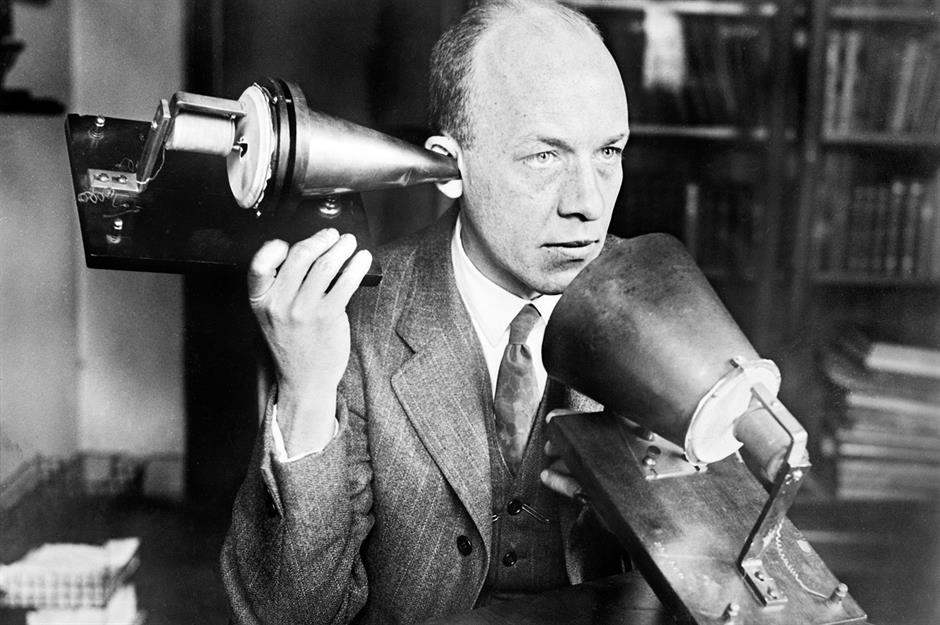
Every once in a while, a revolutionary invention comes along with the power to advance humanity and change the course of history.
From the wheel to the World Wide Web, read on to discover what makes our list of the 30 most important innovations ever.
The sailboat: Ancient Mesopotamia, 6000 BC

Ushering in the Age of Sail, which transformed early trade and transport, the ancient Mesopotamian Ubaid culture (in what's now modern-day Iraq) was the first to use sailboats as a means of crossing the Tigris and Euphrates rivers.
The wheel: Unknown, 4000-3500 BC
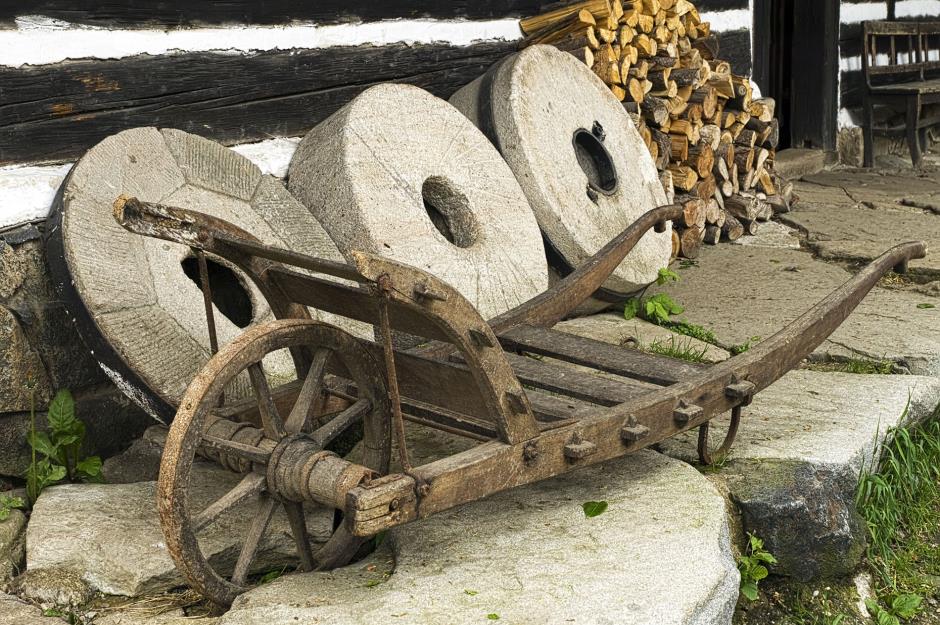
Like the sailboat, the wheel revolutionised the movement of people, livestock and goods, not to mention pottery making and milling. Experts can't pinpoint exactly when and where it was invented, but Bronze Age Mesopotamia or Eurasia are the most likely candidates.
Sponsored Content
The nail: Ancient Egypt, 3400 BC
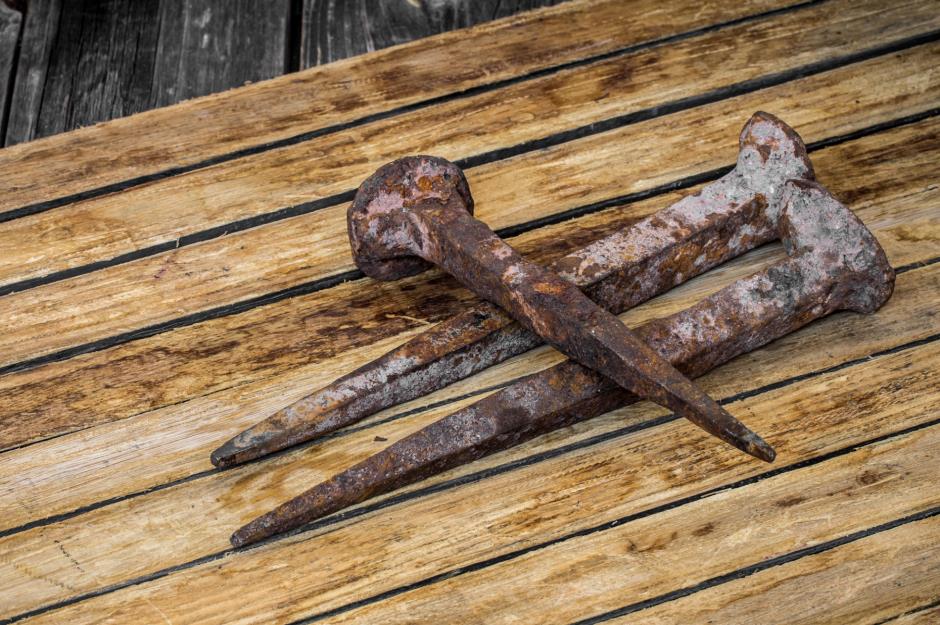
Not just renowned for building the pyramids, the ancient Egyptians invented one of the fundamentals of carpentry and construction: the humble but mighty nail. Three millennia later, the Romans were the first to mass-produce nails, which they forged from wrought iron.
Soap: Ancient Mesopotamia, 2800 BC

Improvements in human hygiene have enabled civilizations to flourish. The first indoor toilet was created at Skara Brae in northern Scotland way back in 3000 BC. Around the same time, the first cleansing soaps, made from wood ash and animal fat, were invented in ancient Mesopotamia.
The abacus: Ancient Mesopotamia, 2700 BC
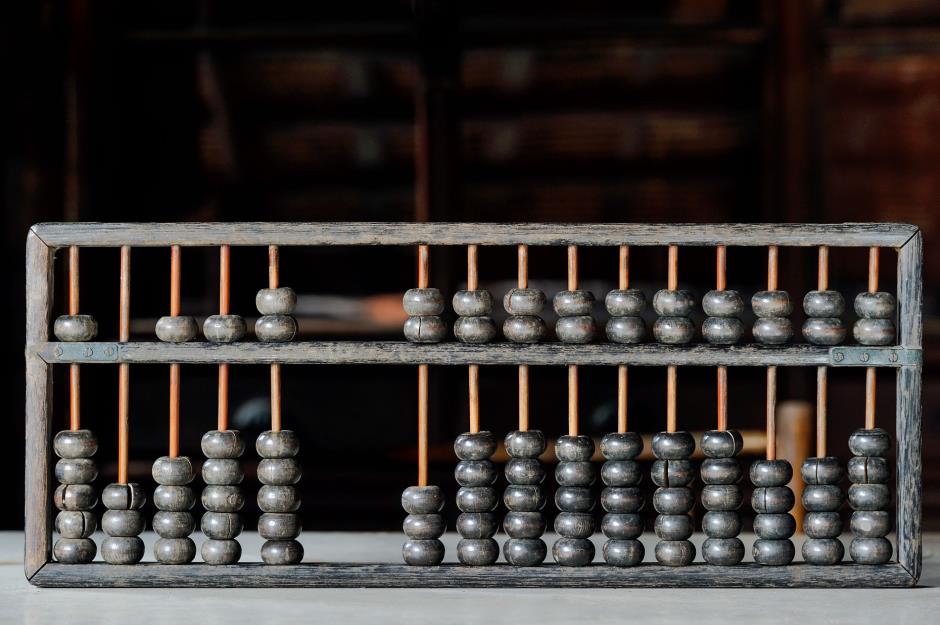
The precursor to the electric calculator and the computer, the abacus emerged in ancient Mesopotamia around 2700 BC and was used to make calculations based on the Sumerian culture's relatively complex numerical system. This clever device was an essential tool for monetary systems and trade in the ancient world.
Sponsored Content
The compass: China, 206 BC
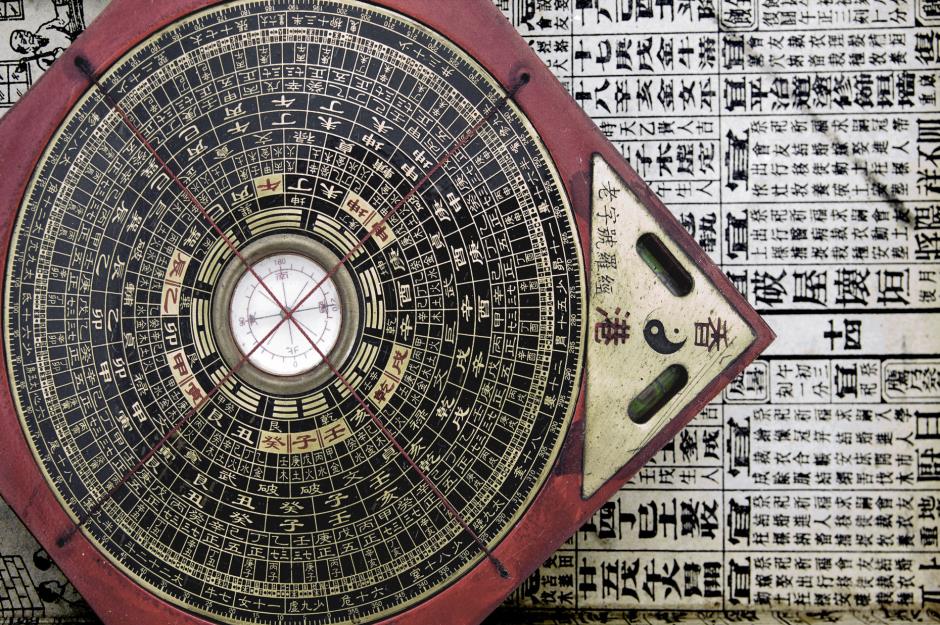
The invention of this key navigational device transformed seafaring and eventually helped bring about the Age of Discovery, as well as a huge expansion in world trade. Invented in China in 206 BC as a fortune-telling aid, the compass wasn't used as a navigational tool until the 11th century AD.
Paper: China, 105 BC
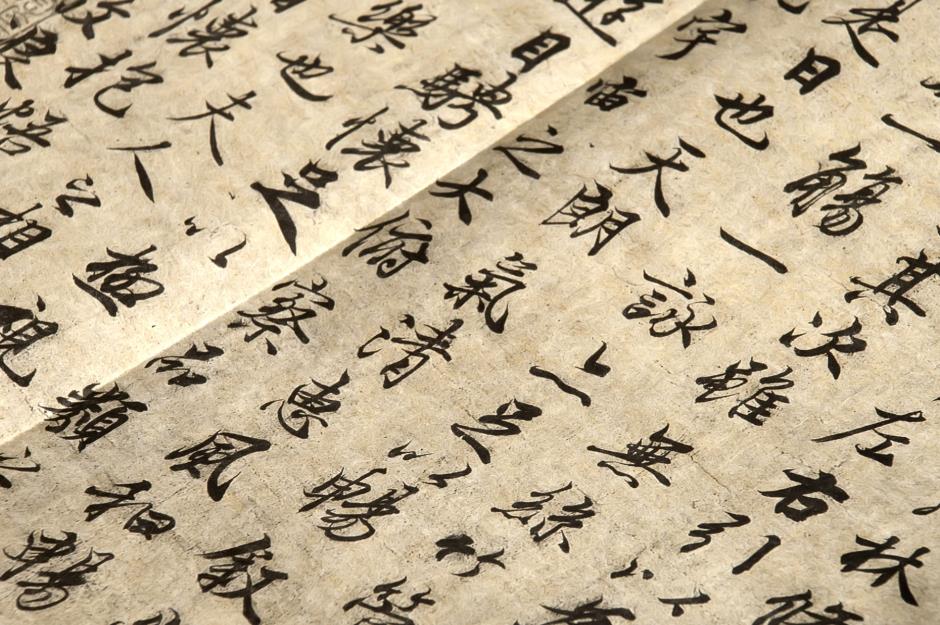
The invention of paper is crucial as it enabled civilisations to share knowledge and keep records more effectively. While the ancient Egyptians developed woven papyrus reed 'paper' as far back as the fourth century BC, real paper, made from mashed-up fibres, was invented in China by Han Imperial Court official Cai Lun around 105 BC.
Gunpowder: China, 142
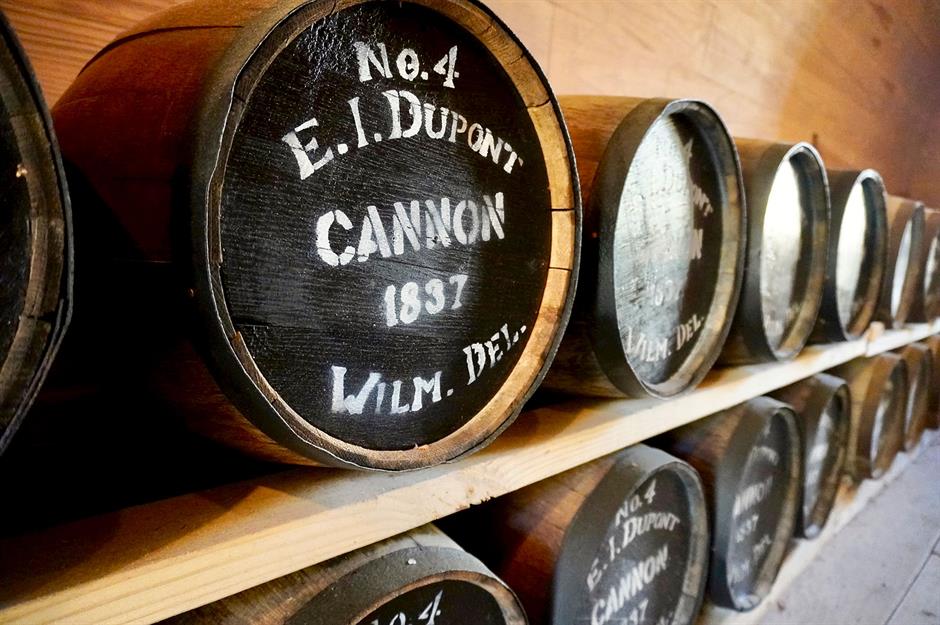
The quintessential explosive was developed in China over many centuries, but it was first mentioned in a Taoist text written by alchemist Wei Boyang in 142 AD. This invention has had a major impact on world history, changing how humans wage war, and gunpowder is still the basis of many modern weapons.
Sponsored Content
The mechanical clock: China, 725
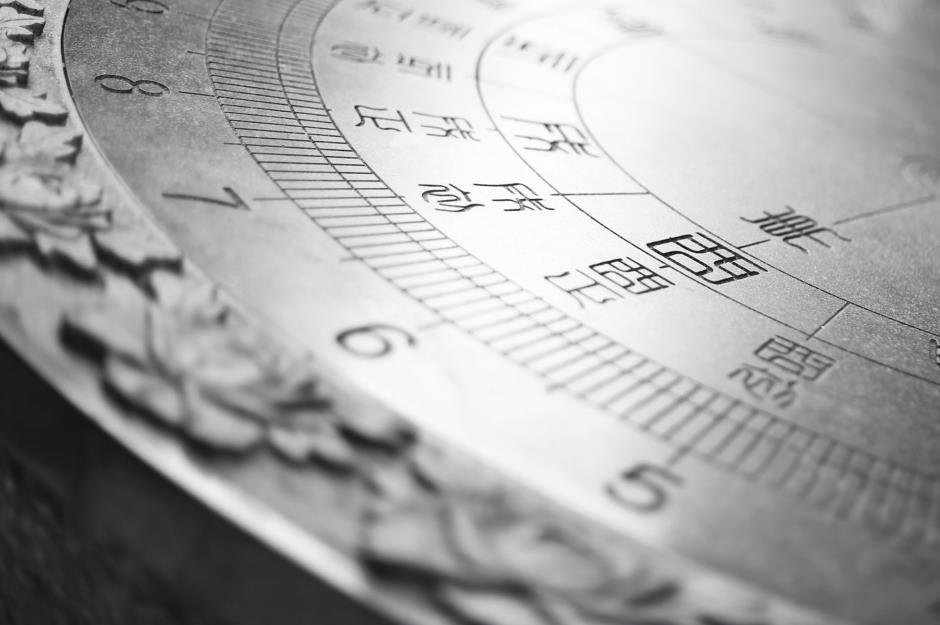
Another important invention from China, the world's first mechanical clock was created by mathematician Yi Xing and military engineer Liang Lingzan in the eighth century. This accurate way of telling the time pushed humanity forward in a big way, facilitating everything from seafaring to agriculture.
The printing press: Holy Roman Empire, 1440
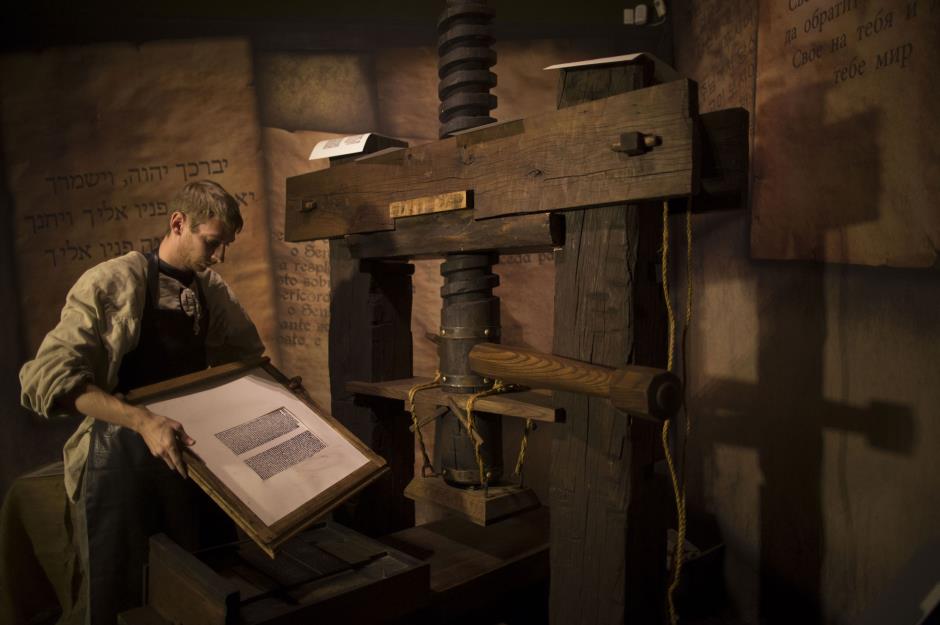
Johannes Gutenberg's seminal invention enabled the spread of knowledge to the people. It heralded the era of mass communication, giving the wider public access to information that was formerly the preserve of the elite. Its importance cannot be overstated.
The thermometer: Republic of Venice, 1612
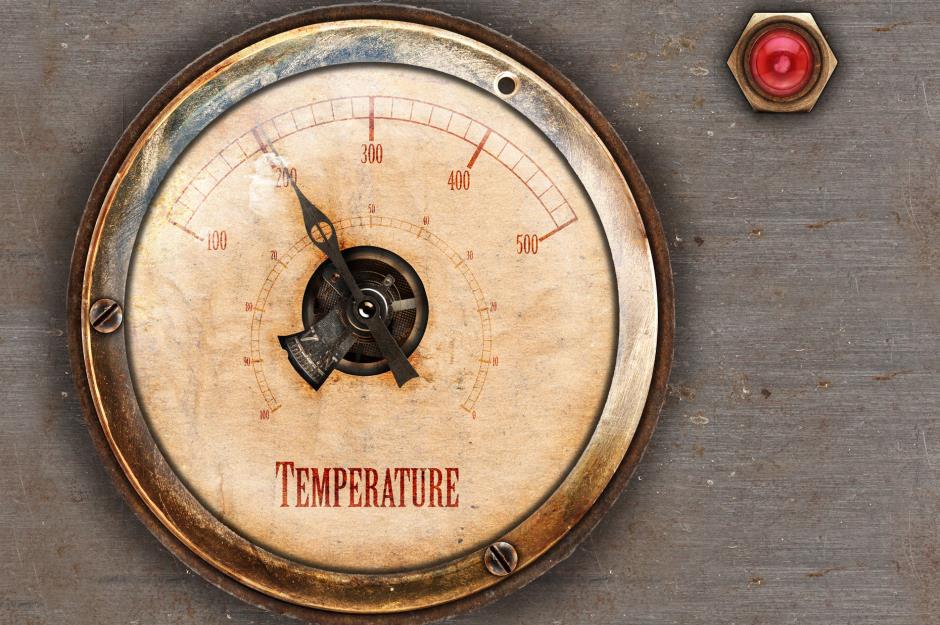
Modern medical practice, scientific research, and manufacturing all require accurate temperature measurements. Galileo Galilei developed the first thermoscope, a device which shows temperature changes, in 1592. The first true thermometer, a thermoscope with a scale, was created by Venetian physician Santorio Santorio in 1612.
Sponsored Content
The modern steam engine: England, 1698
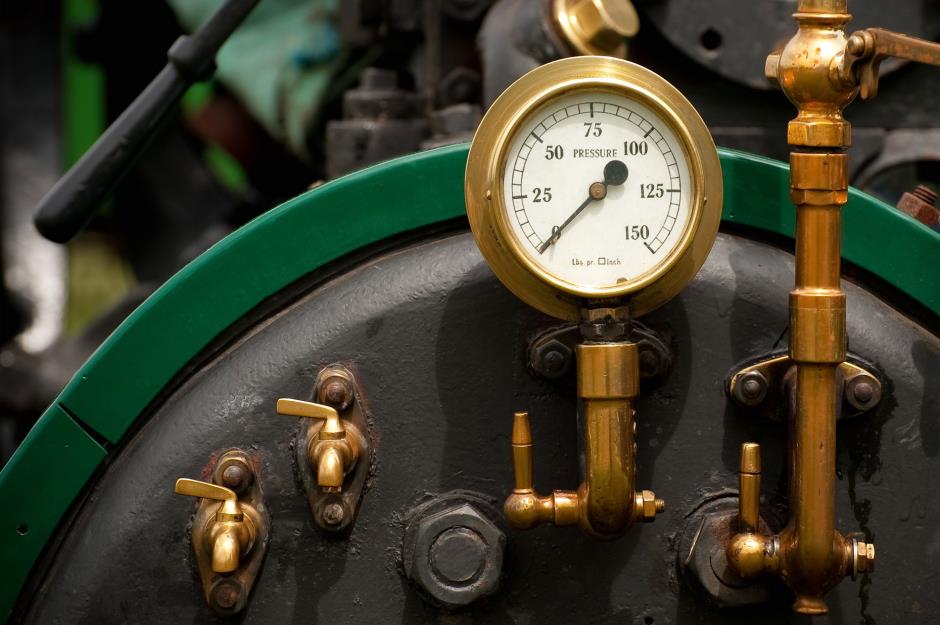
A major driver of the Industrial Revolution, the world's first commercially available steam-powered engine was invented by English engineer Thomas Savery in 1698. The pioneering contraption was used to power mills and pump water out of mines.
The refrigerator: Scotland, 1755

One of the most important innovations in food history, the first artificially-cooled fridge was developed by Scottish physician William Cullen in the mid-1750s, but the first commercial domestic model wasn't introduced until 1913.
The computer: England, early 19th century
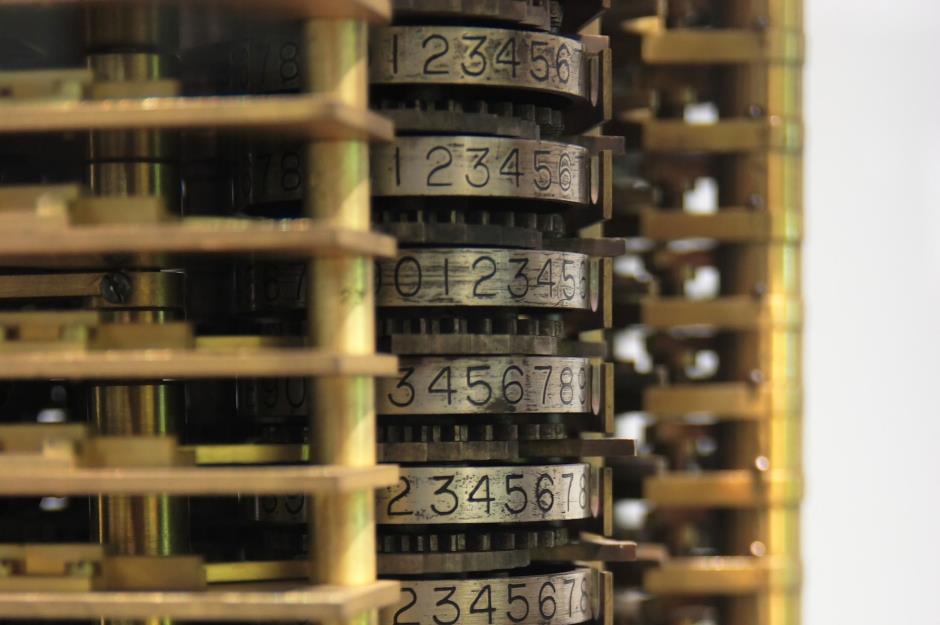
Regarded as 'the father of the computer', English maths genius Charles Babbage invented the world's first mechanical computing devices, the Difference and Analytical Engines, during the early 19th century.
Sponsored Content
The electric telegraph: England, 1816
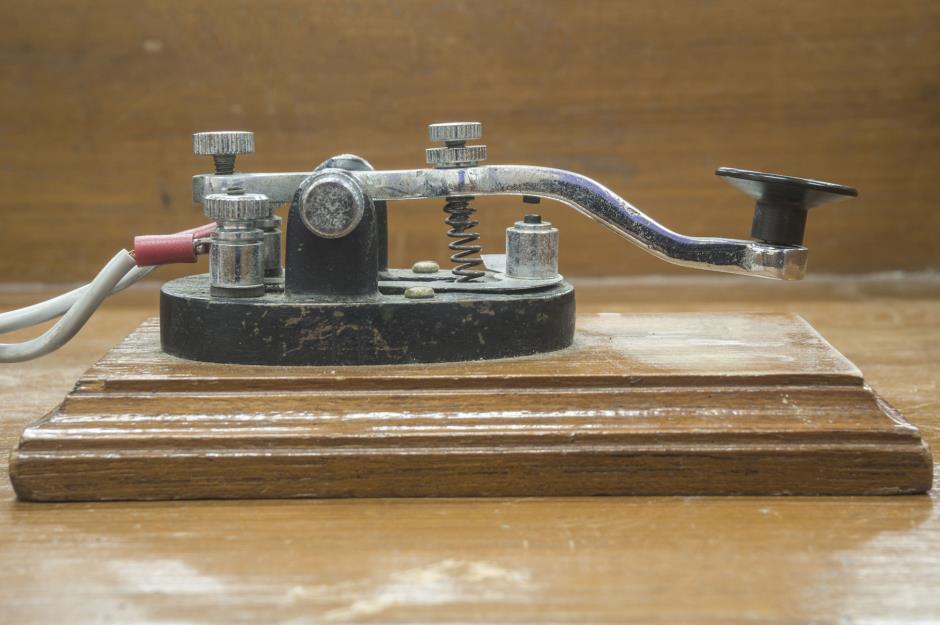
English scientist Francis Ronalds is credited with inventing the first workable form of electrical telecommunication in 1816, while American Samuel Morse developed the first commercially viable telegraph system in 1837, revolutionising long-distance communication.
Photography: France, 1816
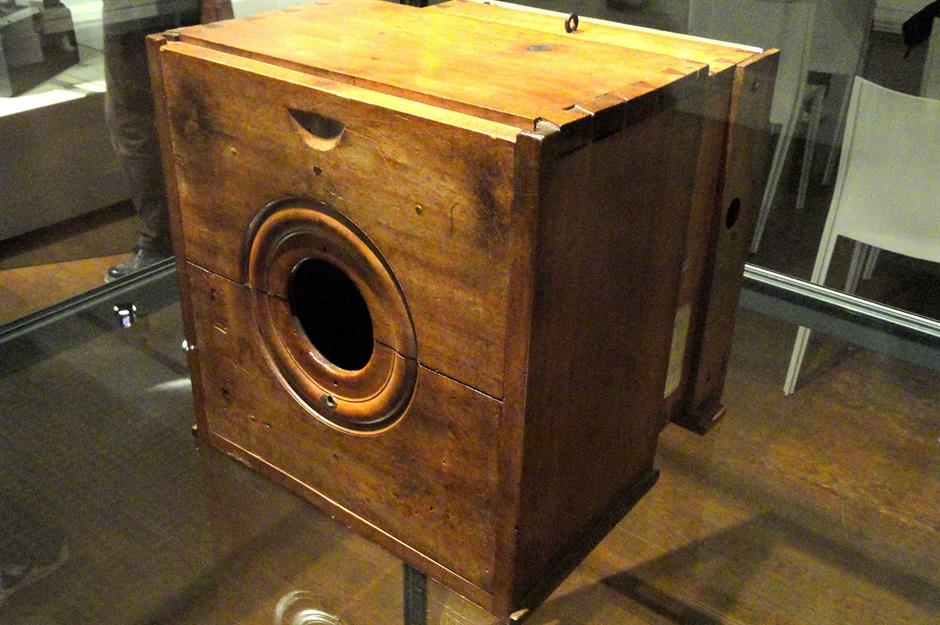
The first photograph was created in 1816 by French inventor Nicéphore Niépce using a DIY camera and paper coated with silver chloride. A key 19th-century invention, photography profoundly changed how people communicate, learn, entertain, record events and express their artistic creativity.
Modern anaesthesia: USA, 1842
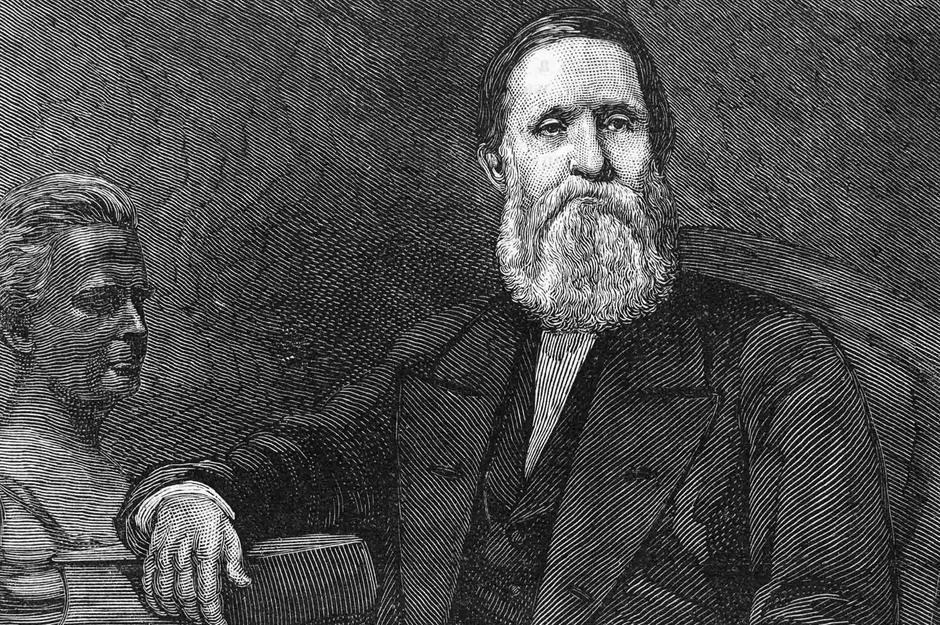
Without effective anaesthesia, modern surgical procedures would be all but impossible. While alcohol and opium have been used as crude anaesthetics for millennia, modern anaesthesia dates back to 1842, when surgeon Crawford Long (pictured) used ether for the first time to operate on a patient's jaw.
Sponsored Content
Modern oil refining: Scotland, 1848

Everything from modern vehicles to plastics exists thanks to refined petroleum. The process was developed by Scottish chemist James Young, who figured out a way to extract kerosene from crude oil in 1848.
The internal combustion engine: France, 1859
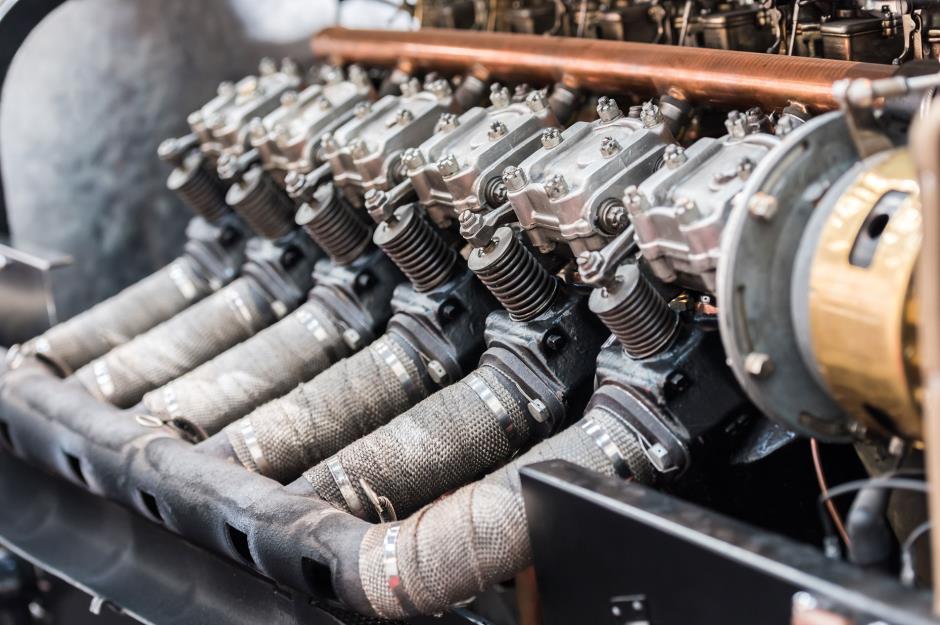
In 1859, Belgian-born Parisian engineer Jean Joseph Étienne Lenoir invented the world's first workable internal combustion engine, which used coal gas as a fuel. Nowadays, internal combustion engines power almost all land and water vehicles.
The telephone: USA/Canada, 1876
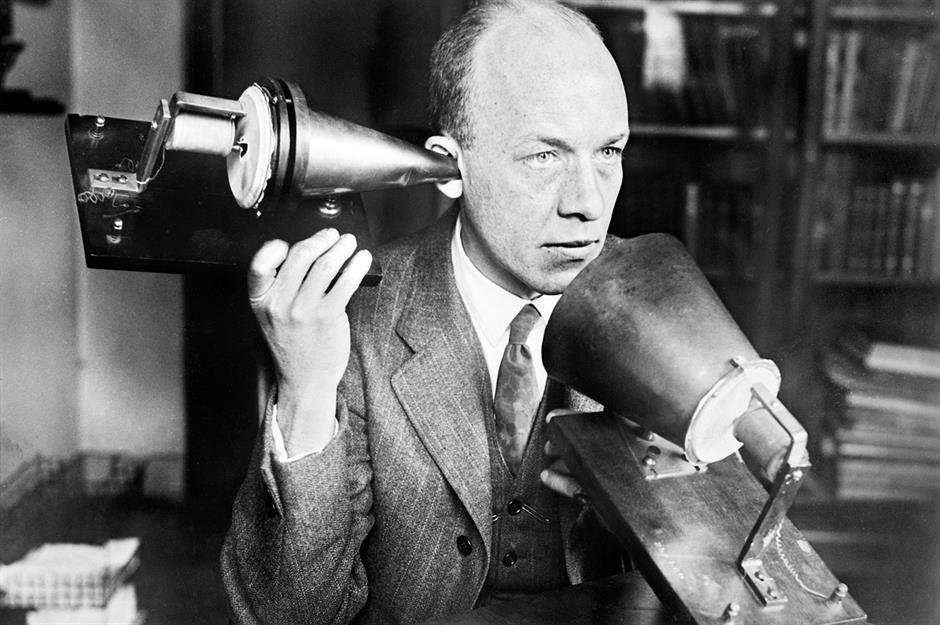
Like many game-changing inventions, the telephone was developed over many years by a number of individuals, but Scottish-born innovator Alexander Graham Bell is credited with inventing the first practical model in 1876.
Sponsored Content
The light bulb: USA, 1879
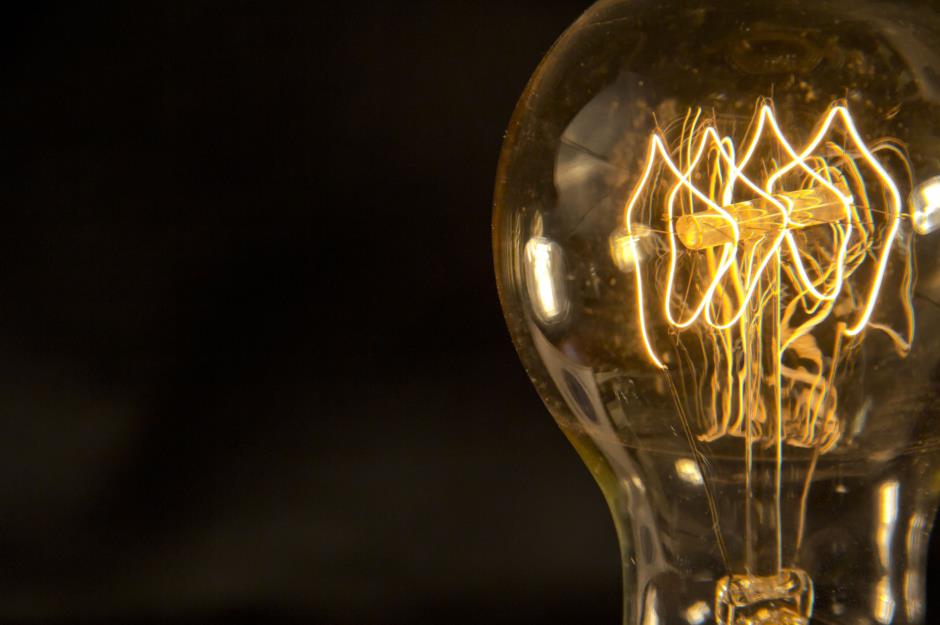
Where would we be without the light bulb? Several inventors, including English scientist Warren de la Rue, created rudimentary versions earlier in the century, but the first practical incandescent light bulb for the mass market was patented by Thomas Edison in 1879.
The car: Germany, 1886
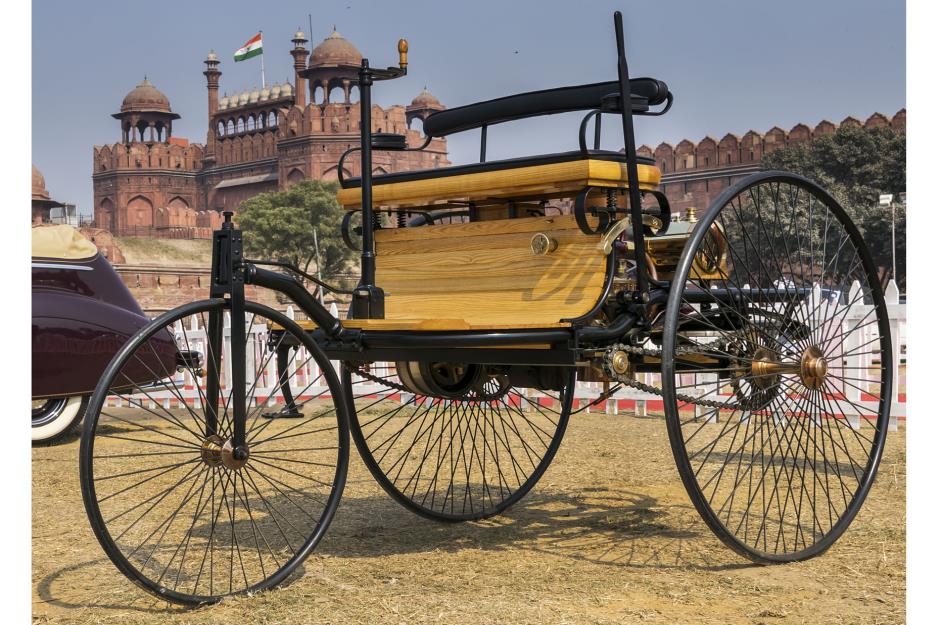
It's hard to imagine what our lives would be like if the automobile hadn't been invented. German engineer Karl Benz is widely credited with inventing the first actual car, the Benz Patent-Motorwagen, in 1886.
The radio: Italy, 1895
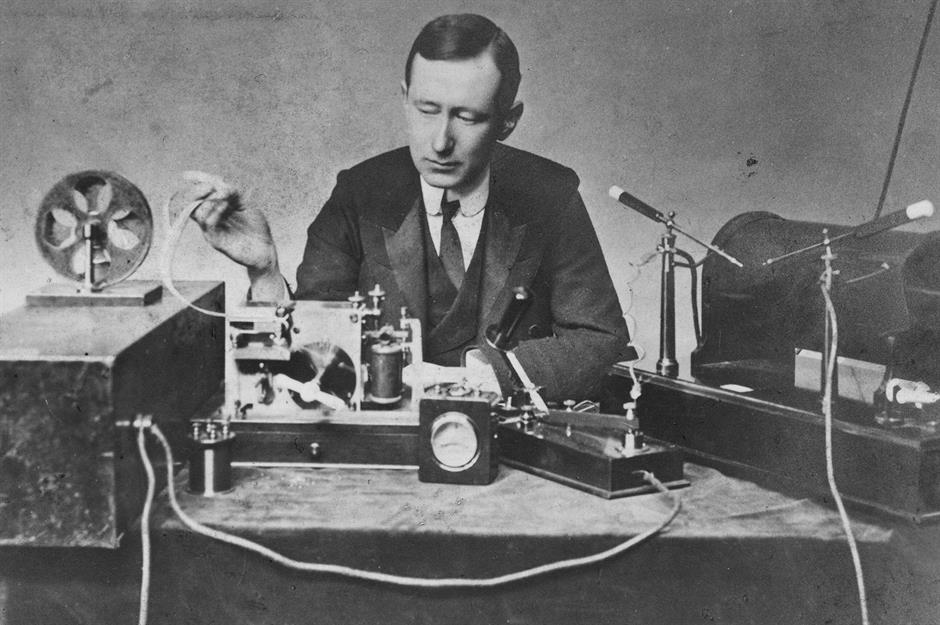
Although a number of pioneers were involved in the development of long-distance radio transmission, Italian inventor Guglielmo Marconi created the first viable radio apparatus and wireless telegraphy system back in 1895.
Sponsored Content
The aeroplane: USA, 1903
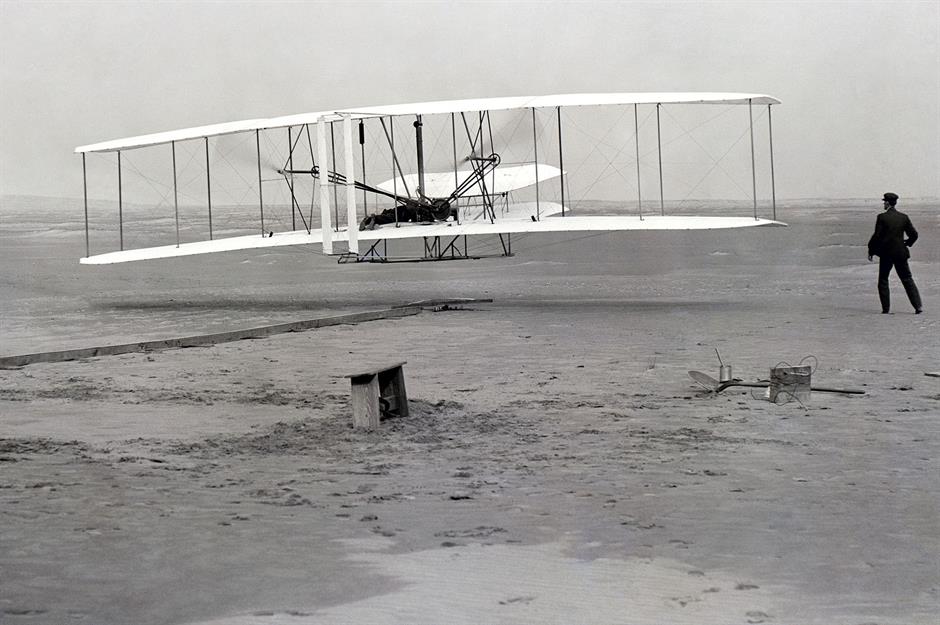
Aviation pioneers Orville and Wilbur Wright are credited with inventing the world's first aeroplane, which they flew for four miles over South Carolina in 1903, changing forever how the human race travels, transports goods and fights wars.
Modern air conditioning: USA, 1902
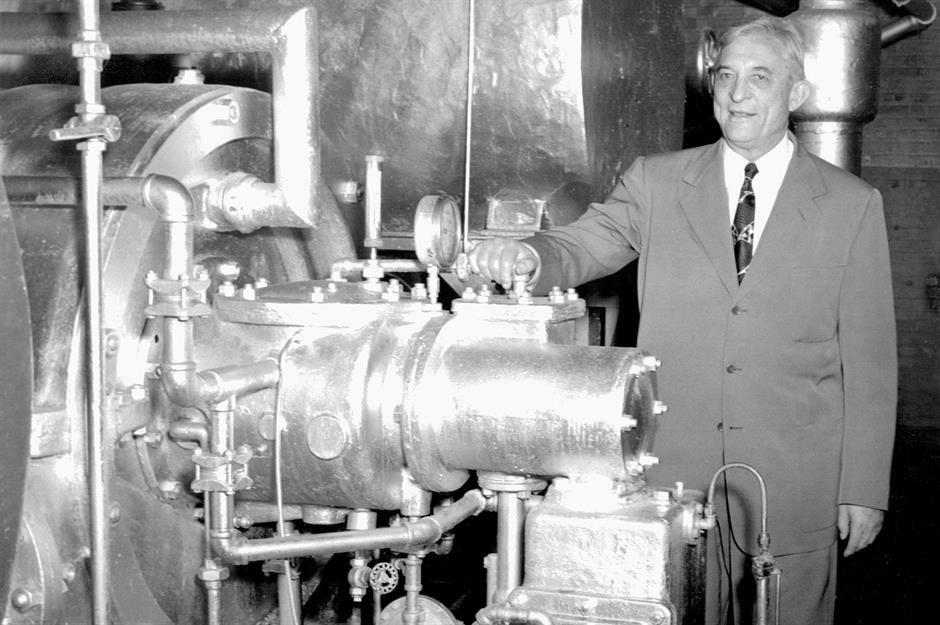
The first workable electric air con unit was invented by American engineer Willis Carrier in 1902. Artificial cooling enables people to live comfortably in hot places, and cities such as Phoenix, Arizona and Dubai would be virtually uninhabitable in summer without this technology.
Penicillin: England, 1928
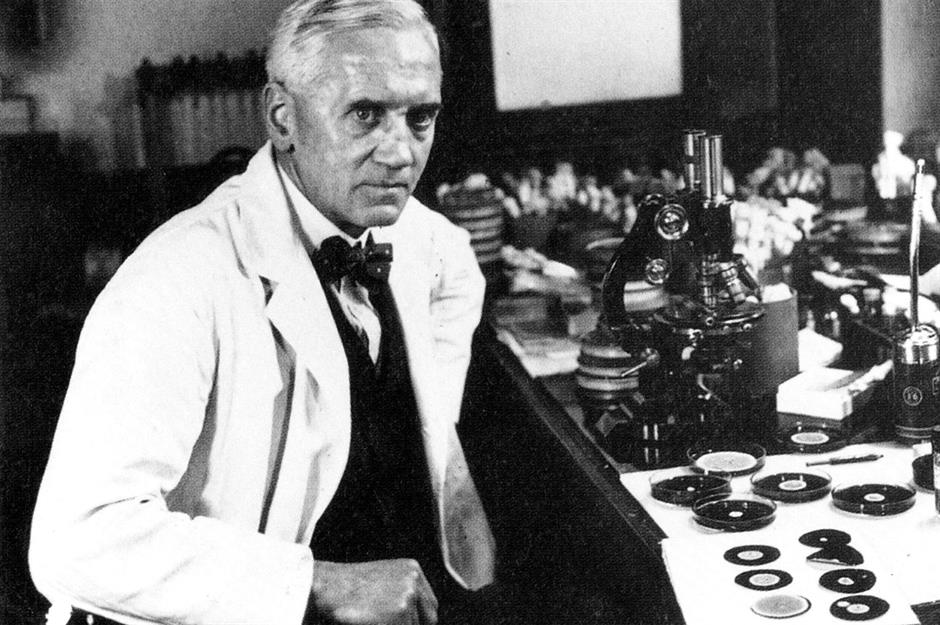
In September 1928, Scottish physician Alexander Fleming first isolated penicillin in his basement lab at St Mary's Hospital in London. Quite possibly the single most important medical advance of the 20th century, the antibiotic penicillin has transformed medicine and significantly increased human longevity.
Sponsored Content
The transistor: USA, 1947
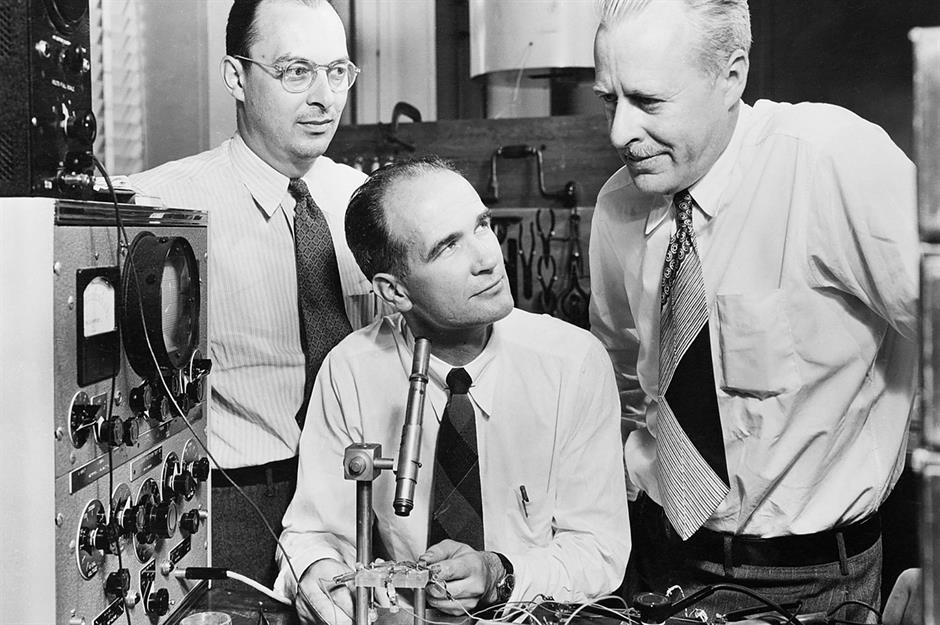
Believe it or not, many experts regard the transistor as one of the most important inventions of the 20th century. An essential component of most modern electronics, the first working transistor was created at AT&T's Bell Labs in 1947 by engineers John Bardeen and Walter Brattain.
The contraceptive pill: USA, 1950s

Co-developed by American biologist Gregory Goodwin Pincus in the early 50s, the combined oral contraceptive pill helped initiate the women's liberation and sexual revolution movements of the 1960s and 1970s. It's since revolutionised women's lives, and society in general.
The cell phone: USA, 1973
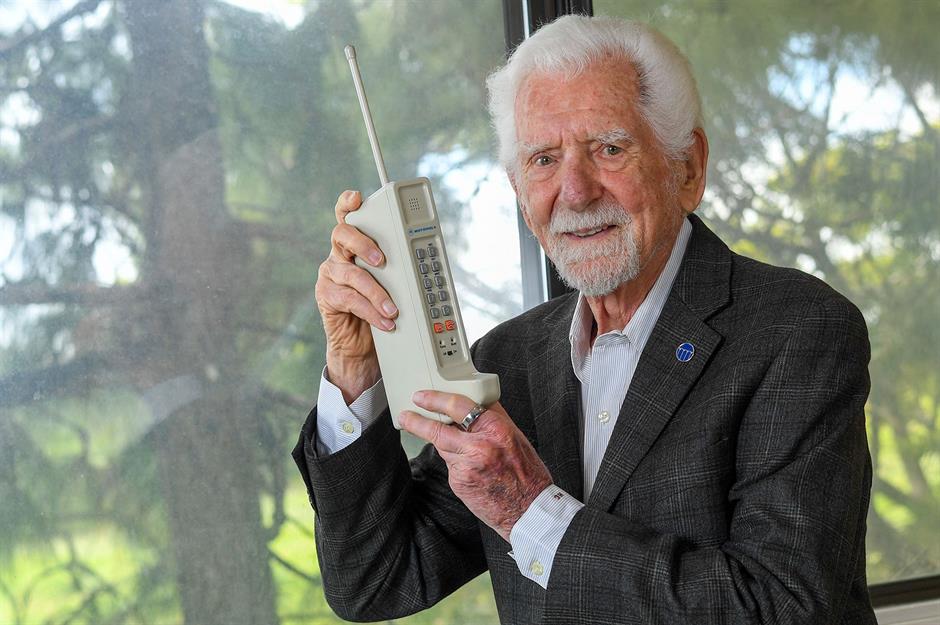
Most people these days would be lost without their mobile phones. The first handheld mobile cell phone, a bona fide brick of a device, was invented by a team of Motorola engineers led by John F. Mitchell and Martin Cooper (pictured) and unveiled in 1973.
Sponsored Content
The World Wide Web: Switzerland, 1989

While the Internet was developed in the US during the late 60s, British computer scientist Tim Berners-Lee invented the first system for distributing information on the global network in 1989 at CERN in Switzerland and named his creation the World Wide Web. The rest, of course, is history.
Now discover 20 genius inventions that were ridiculed at the time
Updated by Matt Bradfield
Comments
Be the first to comment
Do you want to comment on this article? You need to be signed in for this feature